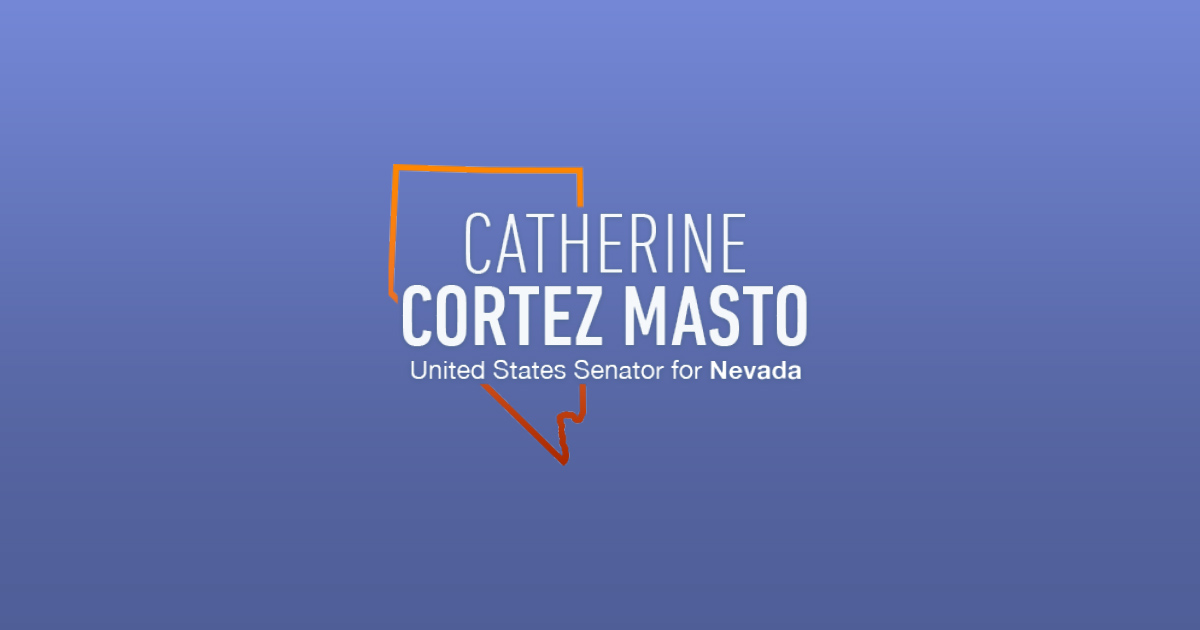Source: United States Senator for Nevada Cortez Masto
Washington, D.C. – Today, U.S. Senator Catherine Cortez Masto (D-Nev.) announced that her bipartisan bill to establish a national strategy to implement future generations of telecom services, including 6G and other wireless communications, advanced through the Senate Committee on Commerce, Science, and Transportation with strong bipartisan support. This bill will help the United States lead the way in deploying high-speed internet technologies, including 6G.
“This legislation is a key part of my Innovation State Initiative to position Nevada on the cutting edge of new technologies,” said Senator Cortez Masto. “By creating a strategy to implement future generations of high-speed internet, including 6G, this bipartisan bill will promote American competiveness, improve access to quality broadband, and ensure we have the necessary workforce and cybersecurity measures to roll out fast, secure 6G networks.”
Cortez Masto’s Next Generation Telecommunications Act would establish a group to advise Congress on the next generation of telecommunications services, including 6G and other wireless communications. The expert council would develop a national telecom strategy, including focusing on America’s global leadership in broadband, expanding the telecom workforce, and making sure that telecommunications networks are resilient and secure. This approach to creating a national strategy on broadband is modeled after the successful Cyberspace Solarium Commission, which took a similar approach to strengthening America’s cybersecurity.
As part of her Innovation State Initiative, Senator Cortez Masto has led in the Senate to improve broadband access, including in rural communities, and strengthen Nevada’s economy. Most recently, she advocated for provisions in the bipartisan infrastructure law to invest in broadband. In 2020, she passed her bipartisan ACCESS BROADBAND Act to foster the development and growth of broadband resources for businesses, as well as underserved urban and rural communities in Nevada, through improved access and transparency of federal broadband programs.
###
